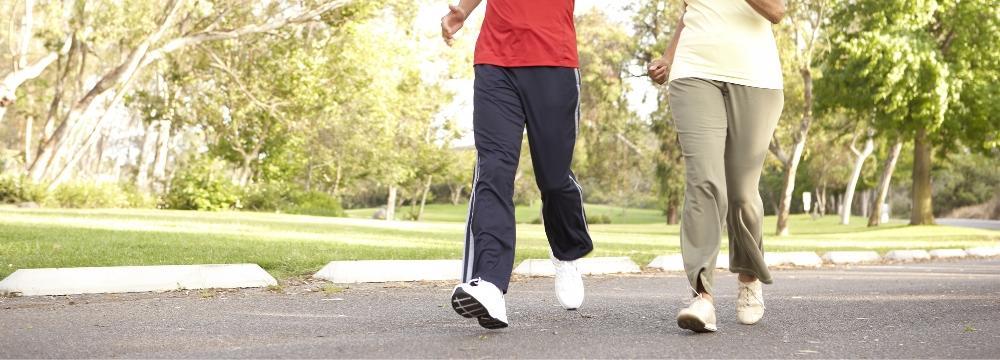
It’s hard to overstate the importance of exercise after your bariatric procedure. The surgery forces you to eat less and be more mindful of the calories and macronutrients you put in your body; however, surgery does not force you to exercise. That said, exercise represents a vital component of any weight loss program, bariatric surgery or not. Arguably, exercise is the primary driver of weight loss maintenance over the longer term.
That leads us to a common question – is walking or running better after bariatric surgery?
There are benefits and drawbacks to walking and running but let’s approach this question in more general terms.
First, it’s important to remember that excess weight and obesity are both mechanical and hormonal. If you have carried weight for a significant period, you likely have some degree of osteoarthritis. If this is true, you must be careful when deciding what exercise to pursue and how to perform it. Running, for example, puts tremendous pressure on the joints every time the foot hits the pavement. Further, early in the weight loss process, you still carry significant excess weight, and running can exacerbate joint issues you already have or may be lurking under the surface.
On the other hand, walking is far less impactful on your joints, but you must do a lot more of it to get the same benefit as running. We will ask you to start walking immediately after your procedure and continue walking more and more each day as your recovery progresses. Eventually, we’d love to see you walk for miles a day, as it is not only physically restorative but also very helpful in clearing your mind and keeping stress at bay. Even so, walking on hard surfaces like concrete can lead to faster joint degradation, so consider walking on grass or sand where there is a more cushioned impact at every step.
Is running or walking better? An orthopedic surgeon would tell you that walking is preferable for joint health. However, let’s remove this variable and, for a second, assume that your joints are in good condition and that you are not at significant risk for serious joint problems. We suggest you perform the exercise you can most consistently do and enjoy that elevates your heart rate and keeps you active. If you are not partial to long, slow walks, then a power walk or quick jog may be the right option. Just take precautions and consider doing your runs on the beach, where you will get more resistance and less impact.
A couple of additional thoughts. There is a phenomenon known as zone 2 training. This consists of long 45 to 60-minute walks that keep you consistently in the 70 to 80% maximum heart rate range. This is something that premier athletes follow because it offers foundational or base conditioning that even improves your more intense workouts. Even if you are a diehard runner, you should always make time for some zone 2 training.
Also, we mentioned above that exercise is one of the primary ways to maintain weight loss over the long term. This is true, but the caveat is that you need to do plenty of strength training in addition to cardio to ensure you get the most out of your weight loss program. You can use bodyweight exercises or go to the gym, but building muscle is an excellent way to burn more calories, even at rest. This is not to say that cardio is bad; just remember to mix it up.
Always give yourself kudos for being active, whether a runner or a walker. You truly are making the difference between good and excellent results after your weight-loss surgery procedure.









